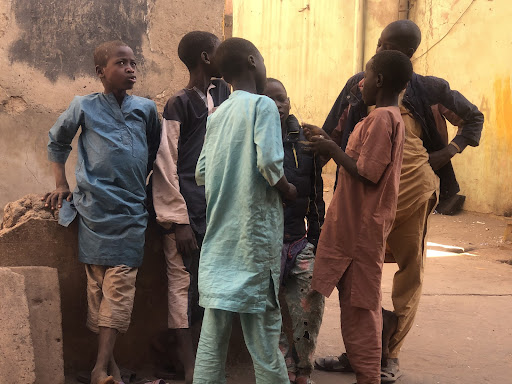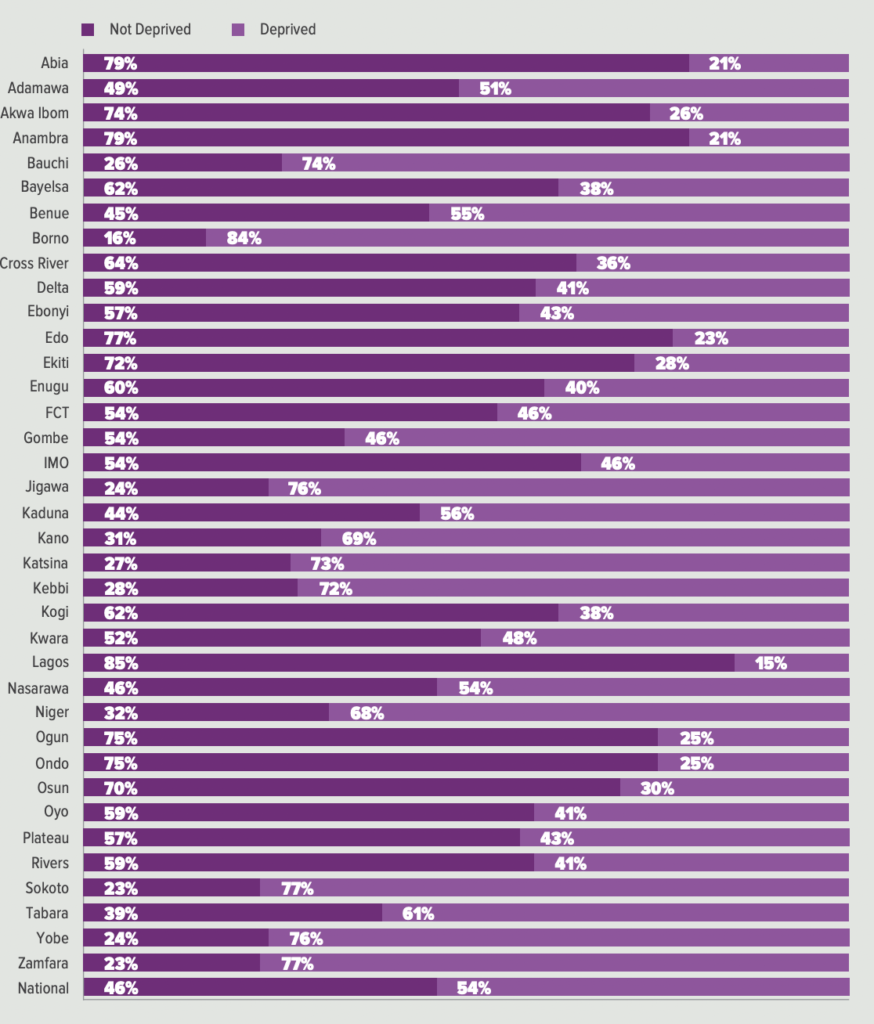Data Shows Children In Conflict Areas Of Northern Nigeria Lack Basic Education
States, where school kidnappings have occurred are among the worst affected, according to data released by the Nigeria Bureau of Statistics (NBS).

According to data released by the Nigerian Bureau of Statistics (NBS), the majority of children aged ten and above in northern Nigerian states plagued by insecurity have not finished six years of basic schooling.
The data revealed that Borno State, which has been experiencing insurgency-related violence for over a decade, is the worst affected, with 84 per cent, followed by Sokoto and Zamfara states, both of which have 77 per cent of all young children who lack access to education.
73 and 72 per cent, respectively, of the states of Katsina and Kebbi, which were also impacted by terrorism and farmer-herder clashes, have a deplorable level of education attainment for those 10 years of age and older.
Terrorist kidnappings of schoolchildren have occurred in the states of Borno, Yobe, Zamfara, and Kebbi states; acts that have a direct impact on school enrollment in the states.

Borno was the first state to experience Boko Haram school kidnapping in Chibok, where hundreds of schoolgirls were abducted. Some of them were married to the terrorists, while others were freed.
In Dapchi, Yobe State, in 2018, ISWAP kidnapped 110 schoolgirls between the ages of 11 and 19, but their captors later released them. According to the NBS data, Yobe has 76 per cent of affected children not having mandatory basic education.
Other schoolchildren abducted in the affected areas were in the Zamfara State town of Jangebe, where 279 female students were taken hostage by terrorists. Some of the girls are still struggling to get back to school.
Some of the students of Federal Government College Yauri in Kebbi State are still in captivity after 80 students of the school were kidnapped in 2021,
The NBS data confirmed the worries of several organisations that the school abductions would affect children’s ability to enrol and remain in school.
Many children in rural areas of conflict-ridden states have been prevented from attending school because some have been closed due to insecurity.
Support Our Journalism
There are millions of ordinary people affected by conflict in Africa whose stories are missing in the mainstream media. HumAngle is determined to tell those challenging and under-reported stories, hoping that the people impacted by these conflicts will find the safety and security they deserve.
To ensure that we continue to provide public service coverage, we have a small favour to ask you. We want you to be part of our journalistic endeavour by contributing a token to us.
Your donation will further promote a robust, free, and independent media.
Donate HereStay Closer To The Stories That Matter




